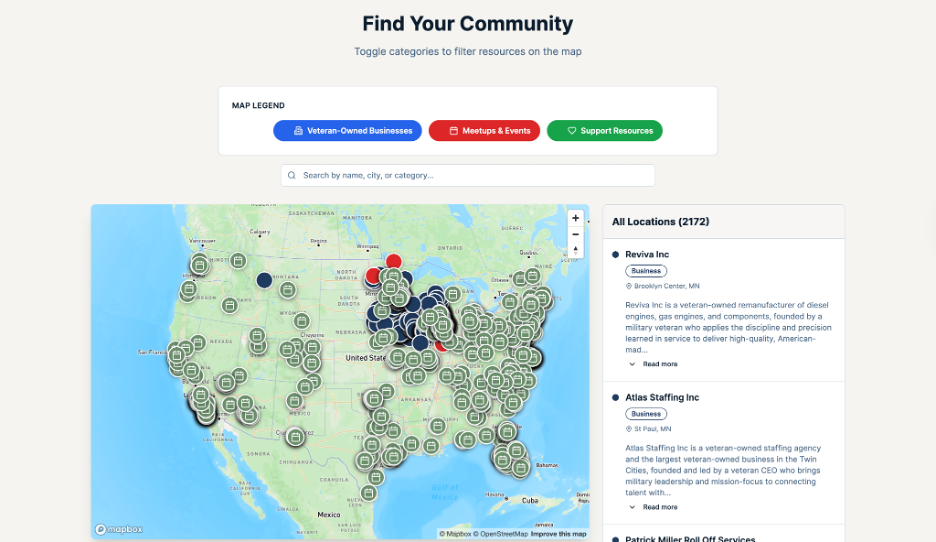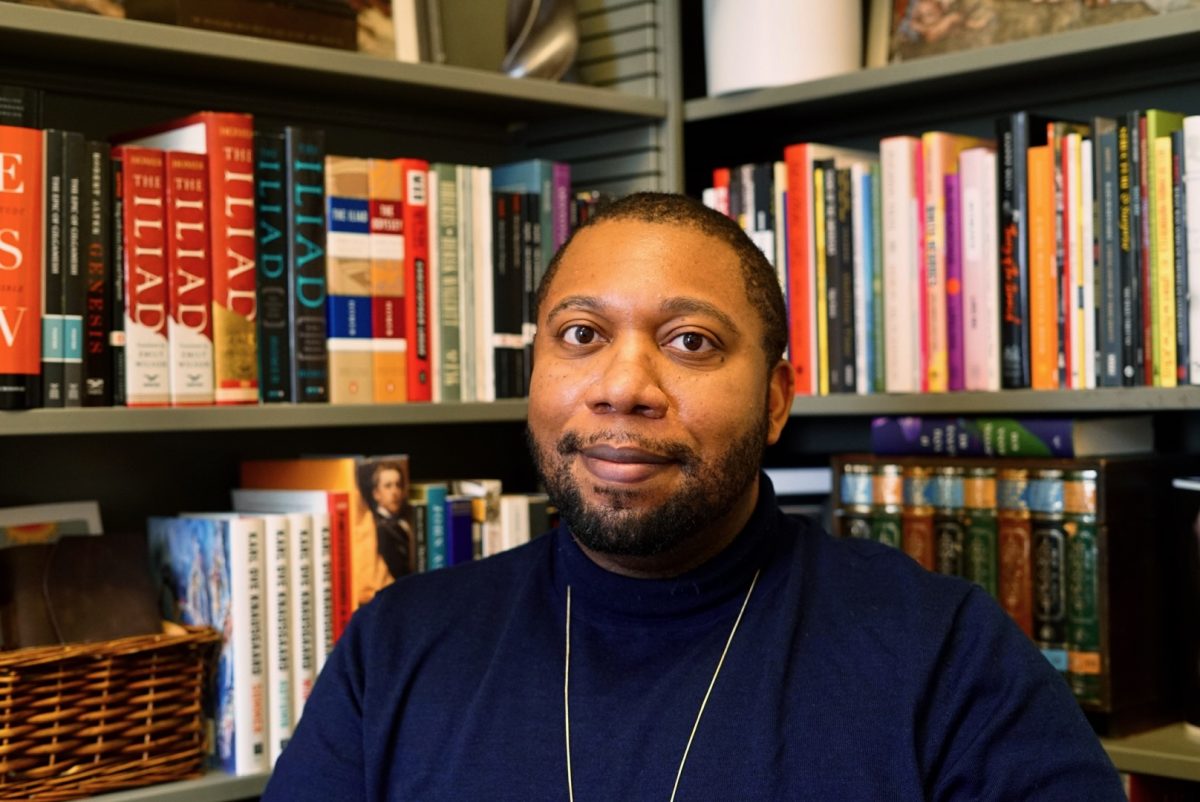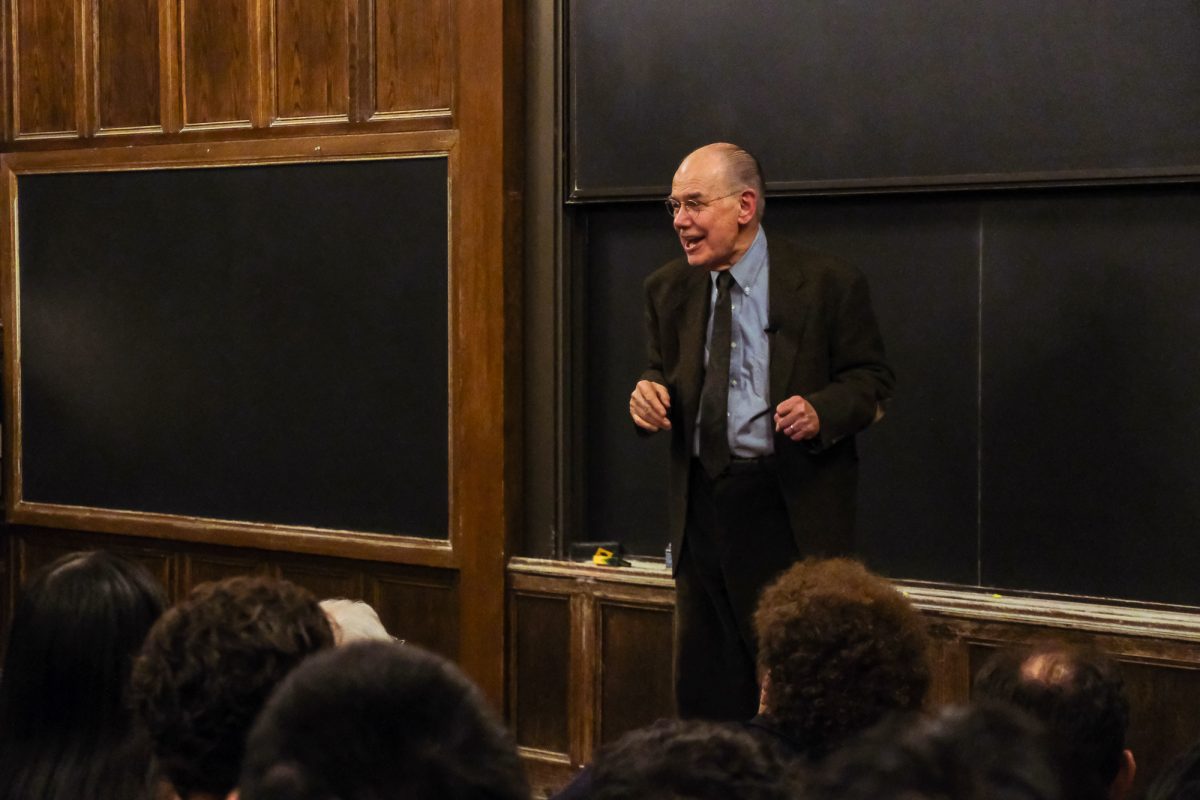Around 200 colleges have come together to support the Paris climate agreement since the President’s announcement that the United States will withdraw—the University of Chicago is not on the list.
The University of Chicago is also not on a list of 12 “Ivy-Plus” universities that issued a similar statement Monday reaffirming a 2015 climate pledge, nor was the University one of the 318 schools that signed that pledge two years ago.
Today, University spokesperson Jeremy Manier responded to questions about the University’s absence from the new coalition. Manier shared a statement that touts the University’s climate research and reiterates the University’s target for reducing greenhouse gas emissions.
The “We Are Still In” coalition’s statement is more political than the University of Chicago’s statement, which does not explicitly reference Trump or the United States’s withdrawal from the Paris agreement.
The “We Are Still In” agreement has been signed by colleges, businesses, governors, and mayors.
“It is imperative that the world know that in the U.S., the actors that will provide the leadership necessary to meet our Paris commitment are found in city halls, state capitals, colleges and universities, investors and businesses,” the statement reads.
The University of Chicago statement, which makes reference to the Paris agreement but does not explicitly endorse it, notes that the University hopes to reduce its greenhouse gas emissions by 20 percent by 2025 relative to 2012–2014-averaged levels.
The spokesperson did not specifically address questions about why the University has not joined the coalition statement, or if it intends to do so.
“These questions are fundamentally global in nature with specific local inputs and implications. The University’s work on climate and the environment takes place around the globe,” the statement reads. “This reflects the intrinsic local/global dual nature of the issues, about which there is increasing recognition around the world. This awareness is instantiated in widespread participation in the Paris accords.”
A Law School professor suggested on Twitter that the University’s Kalven report prohibits it from joining the coalition. Manier did not respond to a question about the Kalven report. The first line of the University’s statement echoes the Kalven Report’s call for “free inquiry.”
“Understanding the scale and nature of the scientific, environmental, economic, policy and public health aspects of climate change demands evidence-based research in an environment of free and open inquiry,” the statement read.
The statement sent to the Maroon was also posted in full here.








